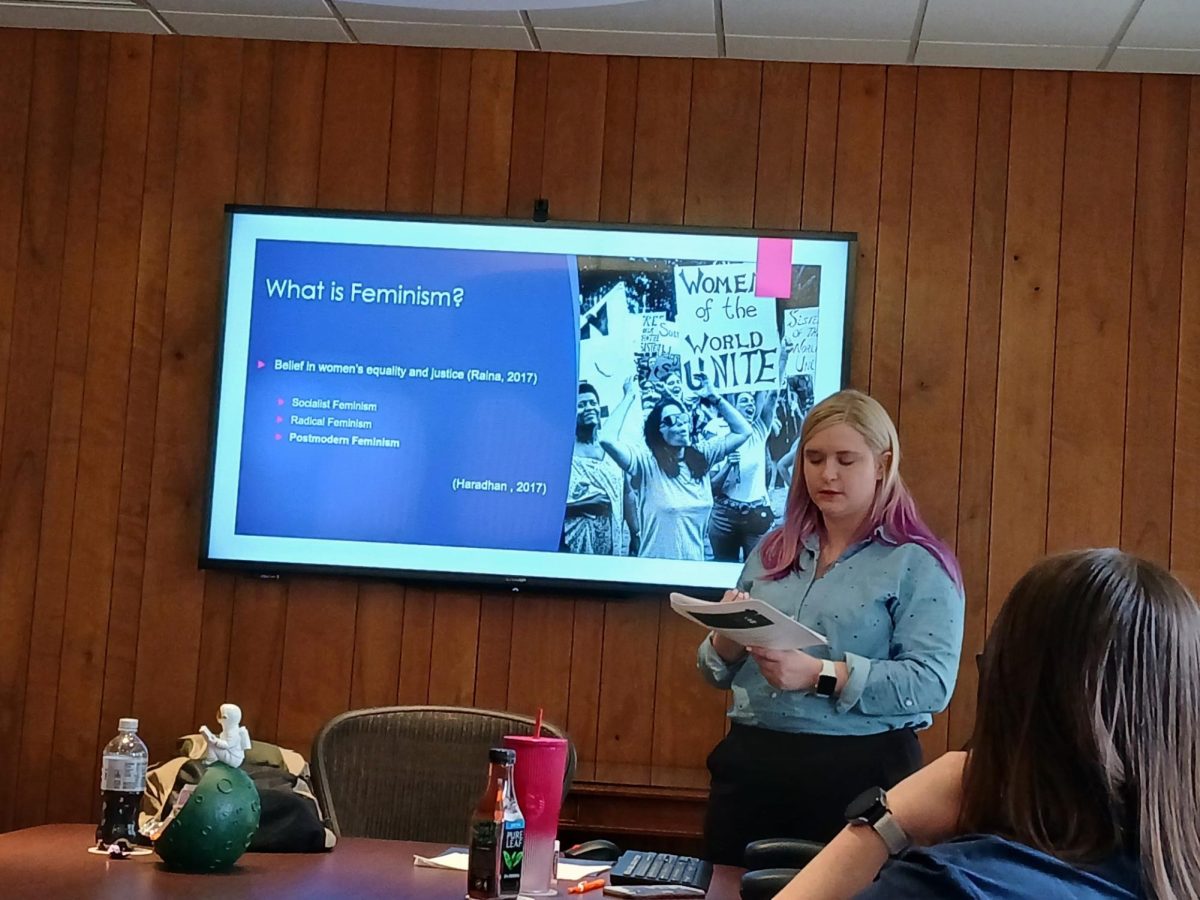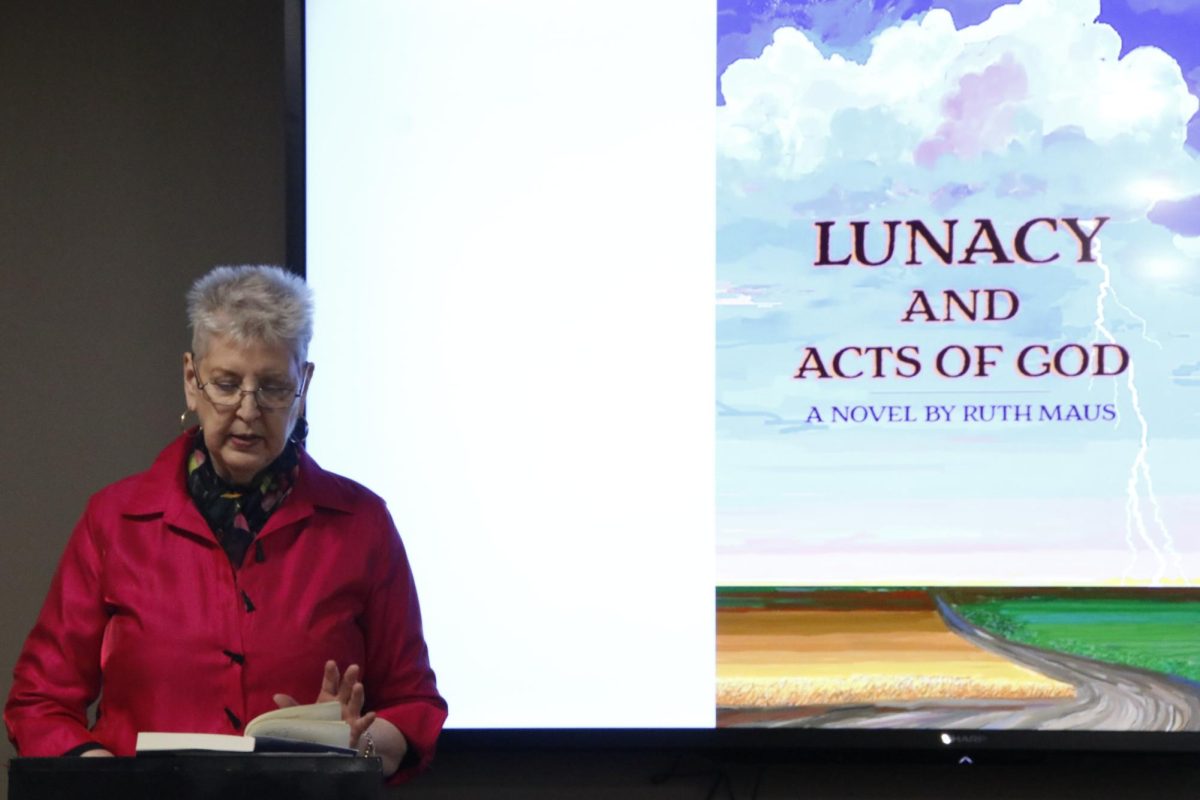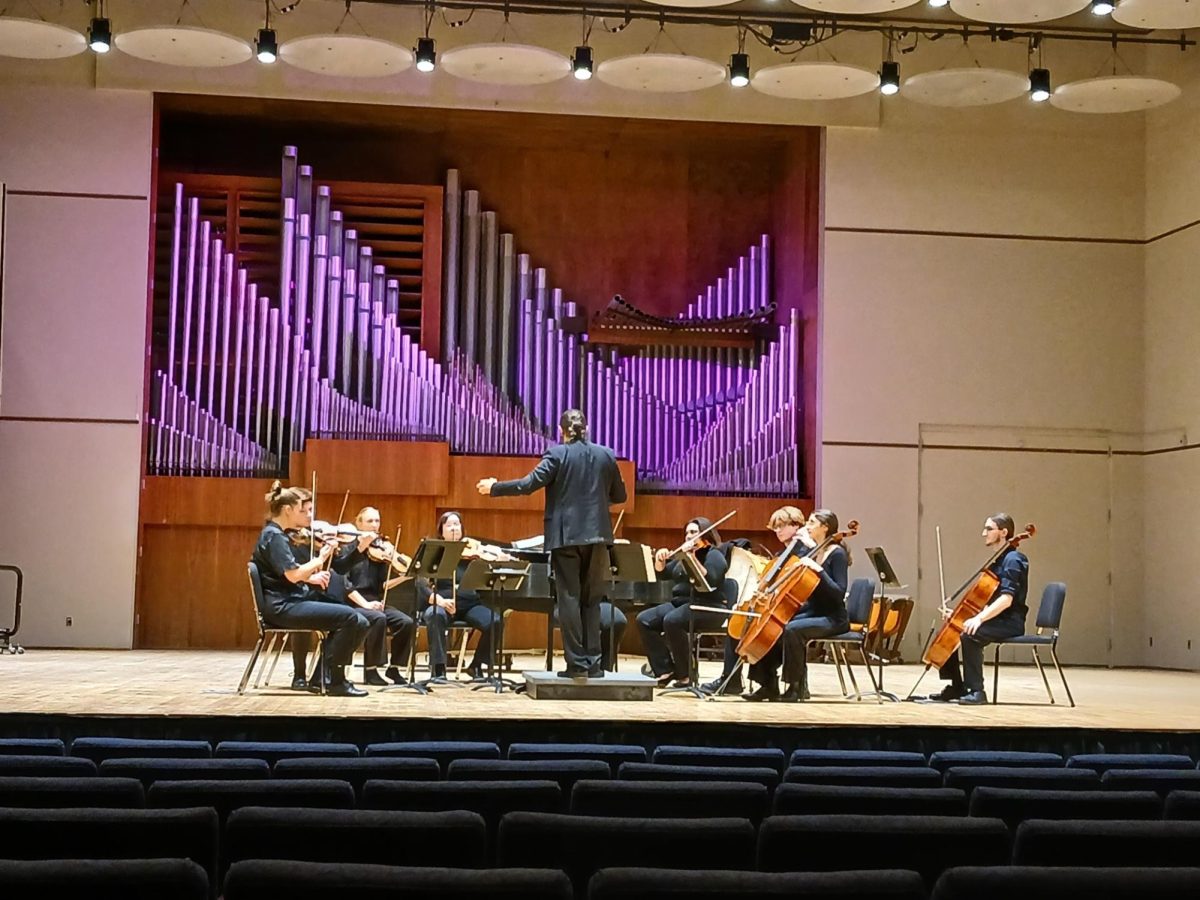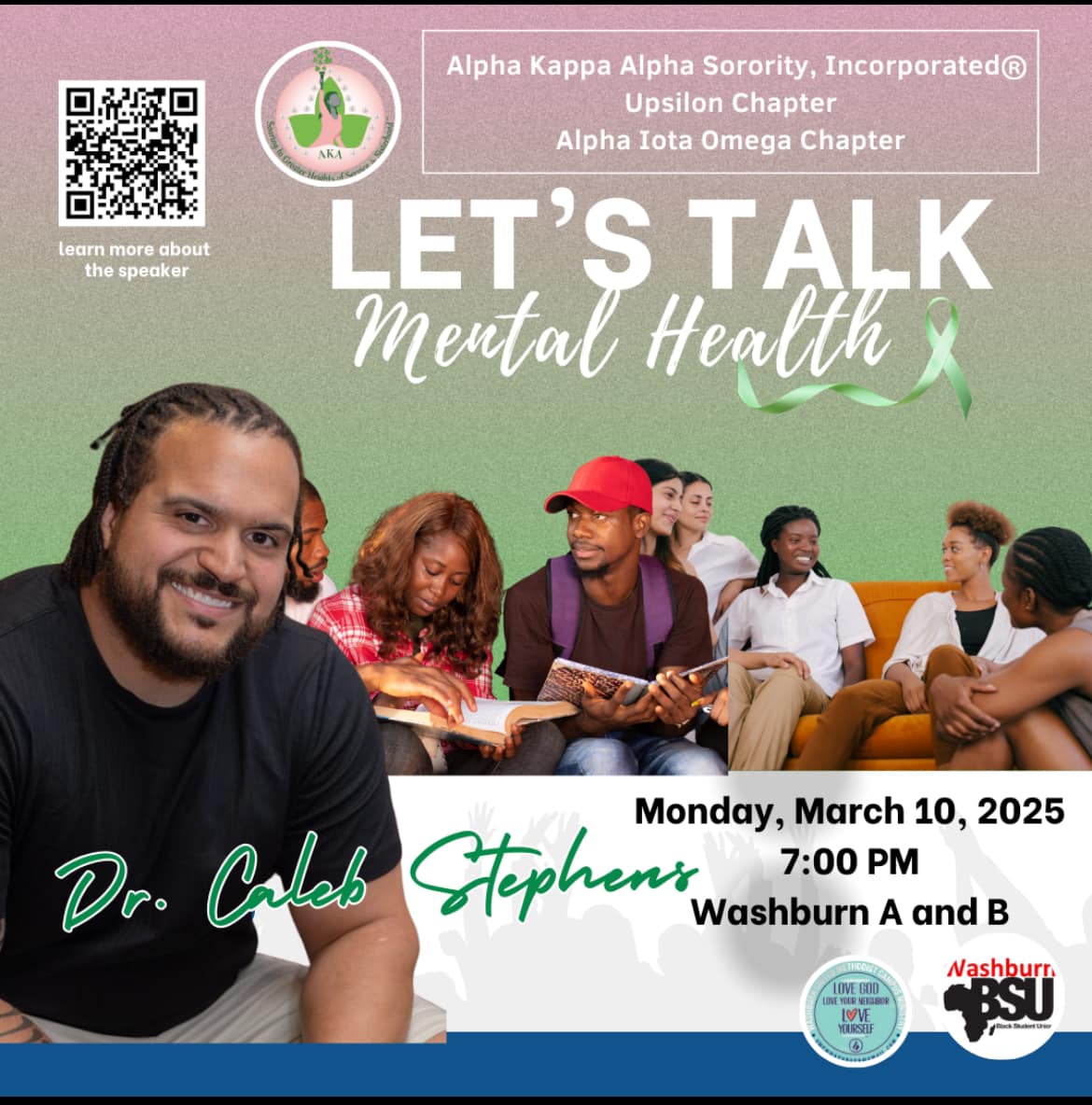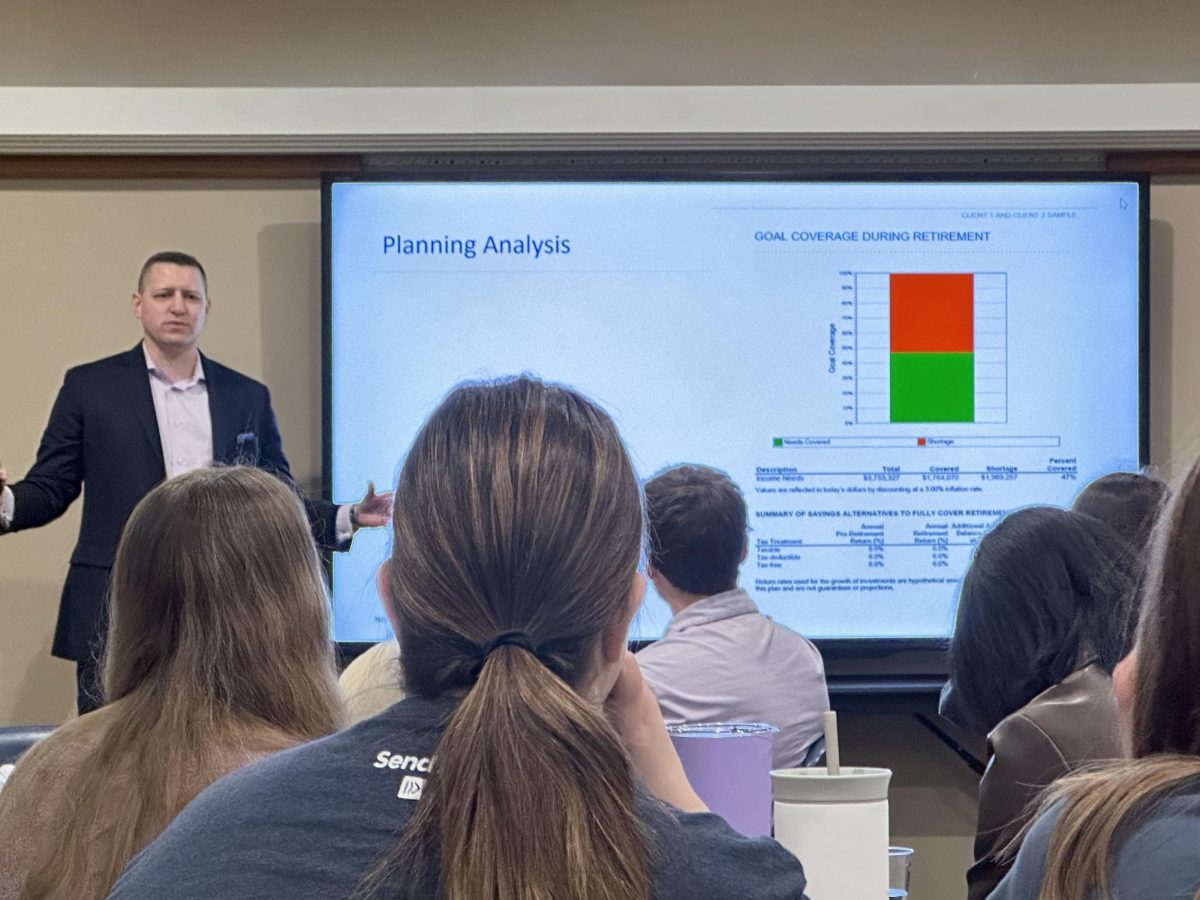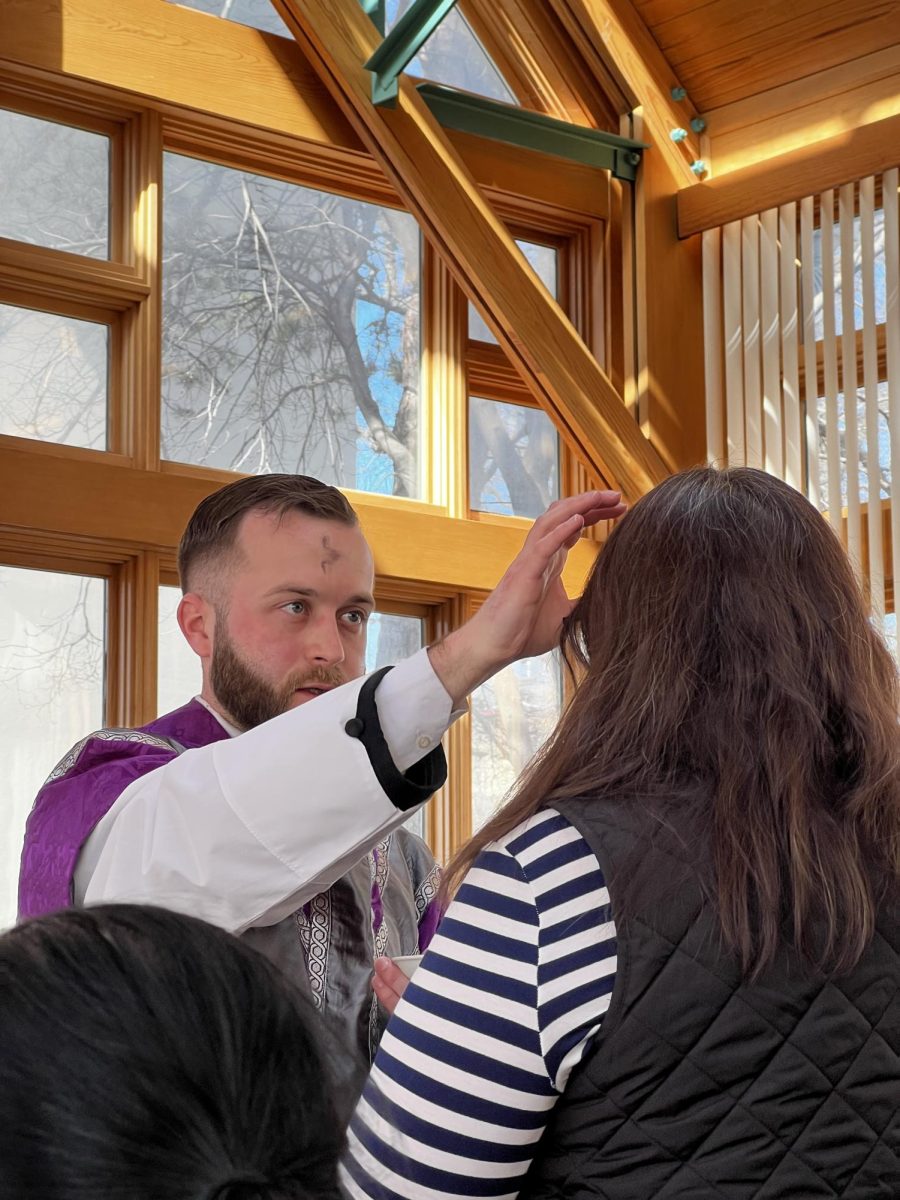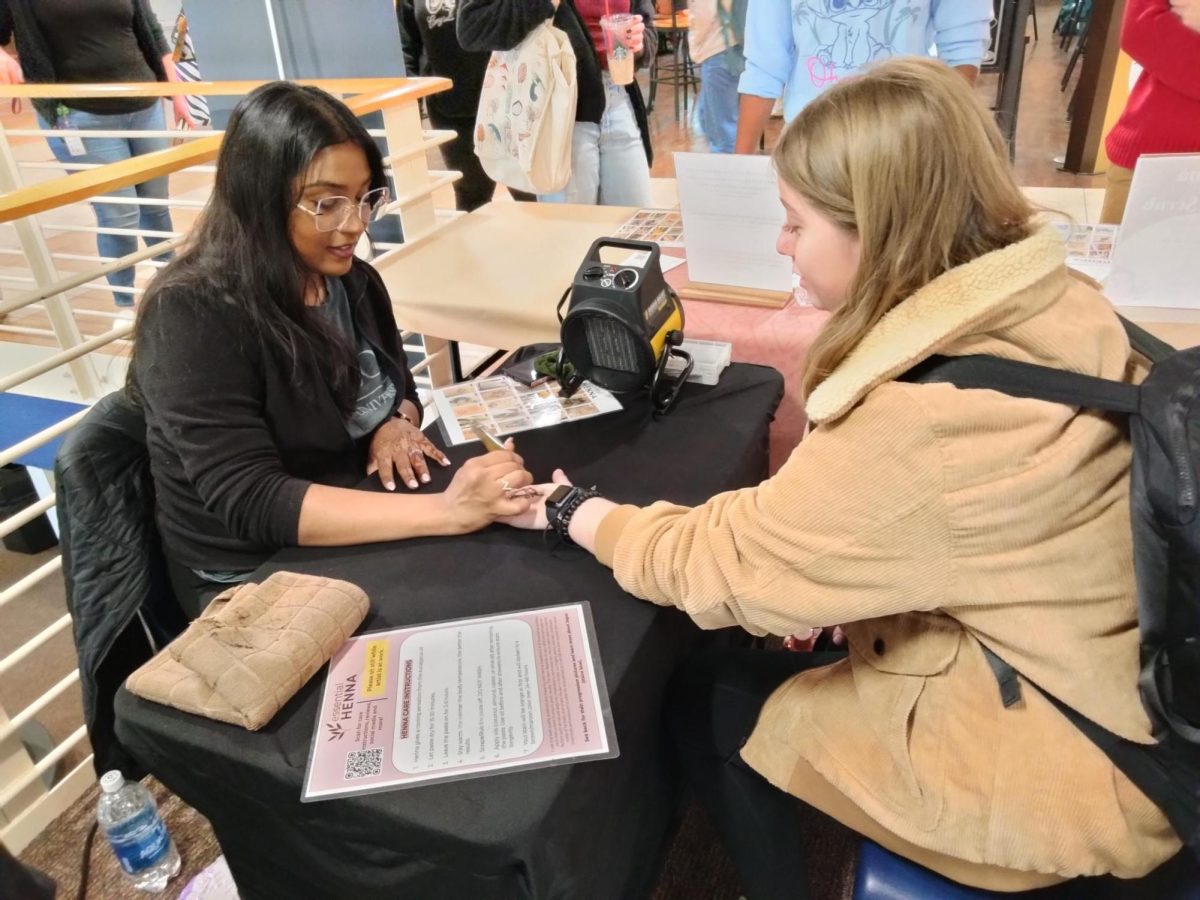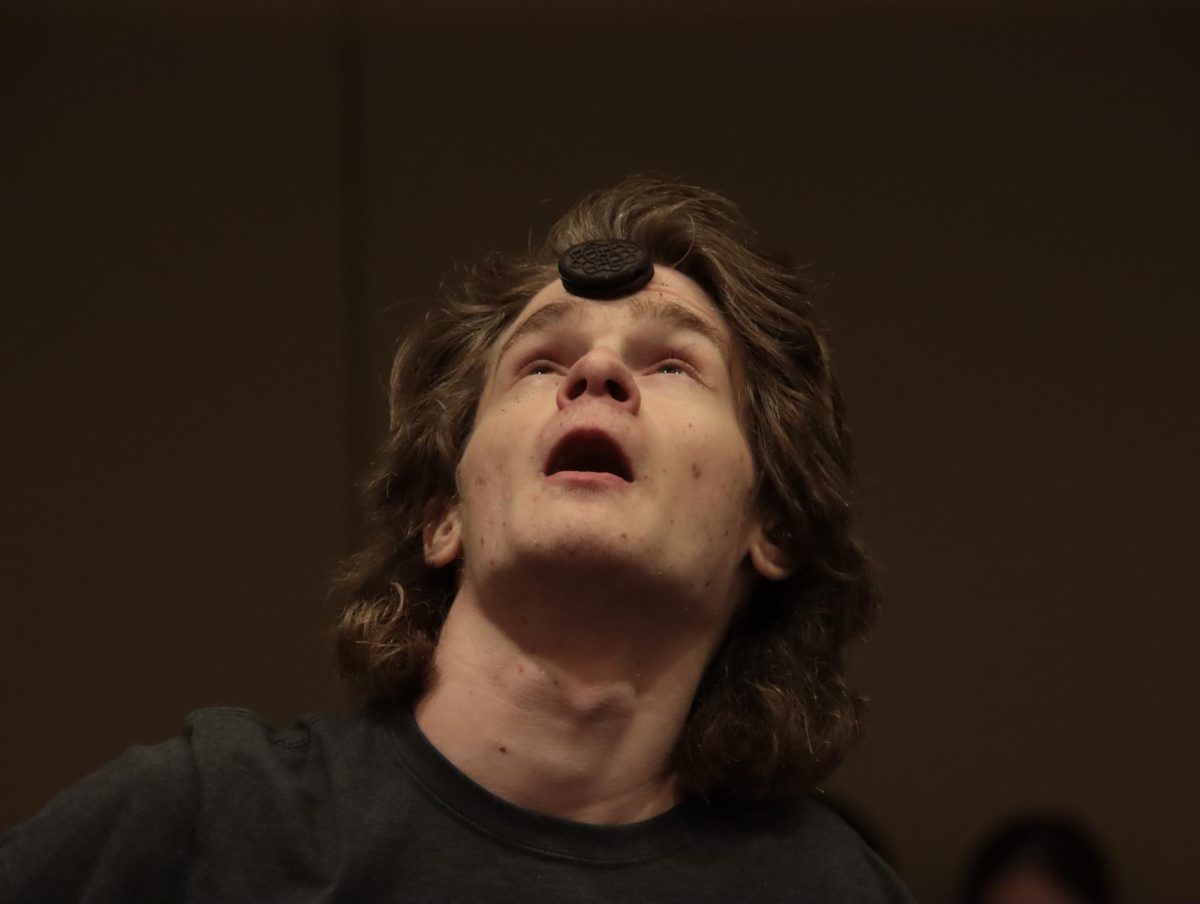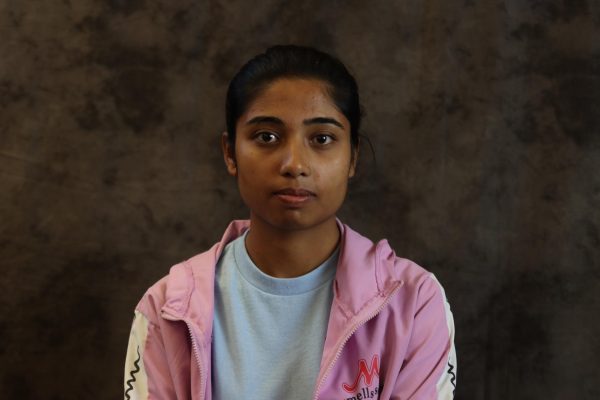On Thursday, April 3, Gender Brown Bag Lecture was held in the Lincoln Room of Memorial Union from 12-12:50 p.m. Around 15 people were present during this lecture featuring Kara Langin, assistant professor in the family and human service department as a guest speaker. This lecture discussed feminism and power in ethical non-monogamy.
Langin defined feminism in terms of ethical non-monogamy as the pursuit of equal rights, social justice and sexual freedom, where women have the autonomy to explore relationship structures that work for them without facing judgment or having their rights restricted.
Langin discussed how power dynamics influence ethical, non-monogamous relationships.
“Power is everywhere,” Langin said. “It’s in every part of our lives, but especially in relationships, it’s very important to be mindful of what that looks like. And so especially in a partnership where there’s more than two people, there has to be ongoing conversations about what works for our relationship structure. We need to be mindful of intersectionality and how all these different identities that we have play a part in our relationships and how we’re treated in the world.”
Sarah Hagler, academic advisor, explained the impact of feminism on the way non-monogamous relationships are approached.
“I think it is an important framework to consider all of the different implications that come with feminism and with being a woman,” Hagler said. “I think many of the things that Dr. Langin talked about are just the misconceptions that we carry with us, just because of society, so that it’s something bad or something wrong when it’s something that can be consensual and that people can explore if that is something that they agree upon. I think it’s just a societal thing, and we’re taught to think one way about relationships, and that may not be as black and white as it is in reality.”
Langin also explained the role of consent and community communication in feminist principles within non-monogamy.
“I think it’s important to be mindful of safety in those conversations,” Langin said. “Feeling safe to say, ‘Hey, no, I’m not okay with this actually’ or ‘I’d like this to look different,’ and feeling safe enough to openly communicate because I could go on a whole soapbox, but I won’t. If we think of people who have minority statuses, and I’ll just focus on women for a brief moment, it’s like we’re kind of socialized in the States to not speak up for ourselves and to kind of just go with the flow and not have our needs met.”
This was the second Gender Brown Bag Lecture of the semester, as the series is held every semester. The final part of this lecture will be on April 9, featuring Sharon Sullivan and students discussing the “United Nations Commission on the Status of Women” from 12-12:50 p.m. on Wednesday.
Edited by Stuti Khadka and Morgan Albrecht





